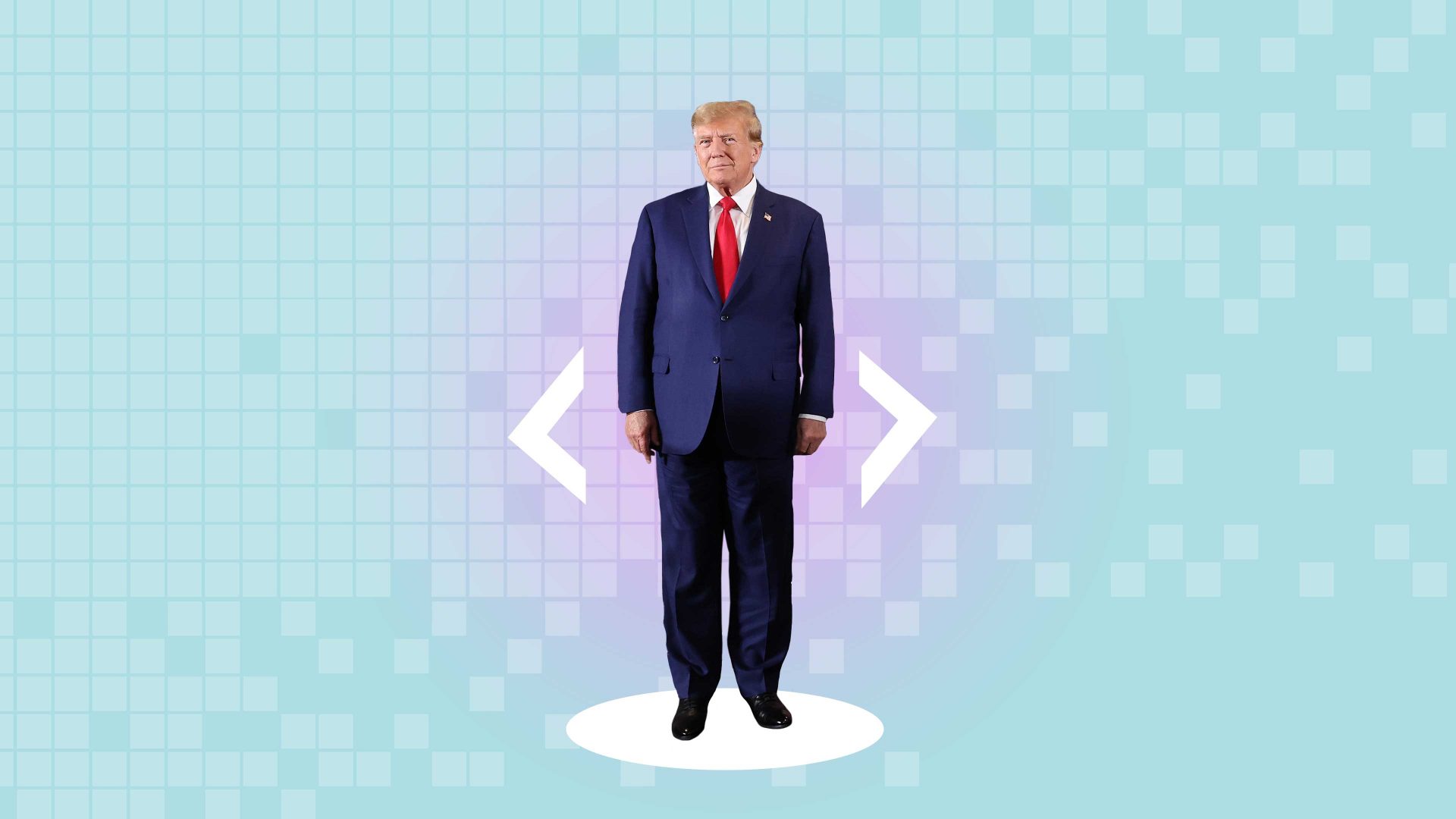The Donald Trump phenomenon, the mystery of why this great turd of a politician still hasn’t been flushed away, could be a glitch. I don’t mean a glitch in politics or a glitch in the thinking of millions of Americans. No. I mean a glitch in the fabric of reality, or rather in the simulation of reality we might be living in.
Back in 2003 the philosopher Nick Bostrom published an article called “Are you living in a computer simulation?” He didn’t argue that we are living in a Matrix-like simulation, but that by reason alone, extrapolating from a number of relatively uncontroversial assumptions, thought we could conclude that we might well be, and that we shouldn’t rule that out.
From his reasoning if you believe you aren’t now living in a simulated world (effectively a character in a post-human beings large-scale version of The Sims) then you aren’t entitled to believe that in the future highly intelligent beings would very probably make such simulations of reality using computers, something he thinks they fairly obviously would do.
Bostrom’s reasoning is a bit complicated. It goes like this. He believes that at least one of these statements is true:
The human species is likely to go extinct before reaching a “posthuman” stage (and by posthuman he means a stage when, due to massive increases in computing power, our descendants could perform almost unbelievably large-scale and complex actions, such as simulating our present-day world with all its inhabitants).
Any posthuman civilisation is extremely unlikely to run a large number of simulations of their earlier history, or of variations based on it.
We are almost certainly living in a computer simulation now.
So, either there won’t be any super-intelligent cyborg-type descendants of human beings, or if such beings exist, they won’t run simulations, or else we are in a simulation now and everything that we take for reality is probably a computer-generated version of reality.
There are a number of assumptions built into this. An uncontroversial one is that computing power will increase significantly and will facilitate computer operations on a scale that will be mind-boggling.
Moore’s Law states that the number of transistors on a microchip doubles every two years, and the cost of computers is halved. But with the development of quantum computing, or some as yet unimagined breakthrough, there might be even swifter increases in computing power.
Another, more controversial assumption is that consciousness can be reproduced within a computer, and not just modelled. That is, if you upload enough information, you can produce a conscious artificial intelligence (one that perhaps doesn’t realise that it is artificial), one that has experiences and self-reflection. Not everyone thinks that you could upload information and produce a conscious mind, but David Chalmers has a neat argument that is designed to persuade you that, in principle, with sophisticated enough technology, it should be possible to produce a non-biological brain, even though all the conscious ones we’ve encountered so far have consisted of complex neuronal circuitry.
Imagine somebody who gradually replaces parts of their brain with non-biological circuitry that performs the same function, bit by bit. In this thought experiment, once the whole brain has been replaced with this non-biological circuitry, you’d have a conscious brain that consisted of artificial circuits, not neurons.
If you agree that our intelligent descendants with super-duper computing power are very likely to produce simulations, then it’s also likely that there will be many more simulated people than real people. But if that’s true, for any individual it will be more likely that they are a simulation than that they’re not. There’s a chance that either Bostrom’s statement 1 or statement 2 is true. In which case we’re unlikely to be simulations. But Bostrom’s argument, if sound, shows that there is a chance that we are simulations. He puts the odds at about 20%. Chalmers, in his recent book Reality+, which has a lot to say about simulations, puts it a bit higher, at 25%, and concludes that we cannot know that we’re not in a simulation.
The Trump phenomenon is so incongruous that it could count as indirect evidence that we’re trapped in a simulation. Perhaps the simulated world was a bit boring, and the constructor wanted to ratchet things up and so introduced lots of simulated US voters with no critical faculties.
Is there a better explanation? If US politics gets much weirder, it’s going to be difficult not to believe that’s what’s happened.



